Table of Contents
Introduction
Throughout the course of human history, the pursuit of medical treatment has remained an unwavering quest. From the times of ancient civilizations to the present day, the approach to healing and curing illnesses has undergone profound transformations. The origins of medical knowledge can be traced back to ancient Egypt, where the earliest written description of medical treatment, dating over 3500 years old, can be found. Since that ancient time, humanity has been witness to remarkable advancements in diverse forms of medical therapy.
From the ancient civilizations’ reliance on herbal medicine, rituals, and magic to the classical era’s emphasis on rational medicine and observation pioneered by figures like Hippocrates, the journey of medical science has been one of continuous exploration and learning. The Middle Ages saw a blend of tradition and innovation, while the Renaissance birthed modern medicine through groundbreaking discoveries in anatomy and physiology.

Subsequently, various medical paradigms emerged, including homoeopathy, allopathy, and the rise of surgical precision. In the 21st century, the integration of nanotechnology has brought about revolutionary advancements in targeted medical interventions.
As we venture into the future, medical science holds endless possibilities, with the potential of artificial intelligence, gene-editing technologies, and personalised medicine transforming the landscape of healthcare.
In this article, we embark on a journey through time, exploring the fascinating progression of medical science, witnessing the evolution of treatment methods, and envisioning the future of healthcare, where compassion and innovation intersect to shape a healthier world for all.
Ancient Egypt: The Beginnings of Medical Treatment and Medicine
In the ancient land of Egypt, medicine had a profound connection with religion and magic. The priests assumed the roles of physicians, firmly convinced that ailments were the result of malevolent spirits. This intertwining of spiritual beliefs and healing practises gave rise to a unique approach to medicine in ancient Egypt.
Herbal remedies, rituals, and incantations played a pivotal role in the healing process. The ancient Egyptians relied heavily on the power of nature’s bounty to cure the sick. Plants and herbs held sacred significance and were used to concoct medicinal potions and remedies.
One of the most significant relics of this ancient medical knowledge is the “Ebers Papyrus,” a precious medical text dating back to around 1550 BCE. This invaluable document contains a wealth of remedies for a wide array of ailments, providing a glimpse into the medical practises of that time.
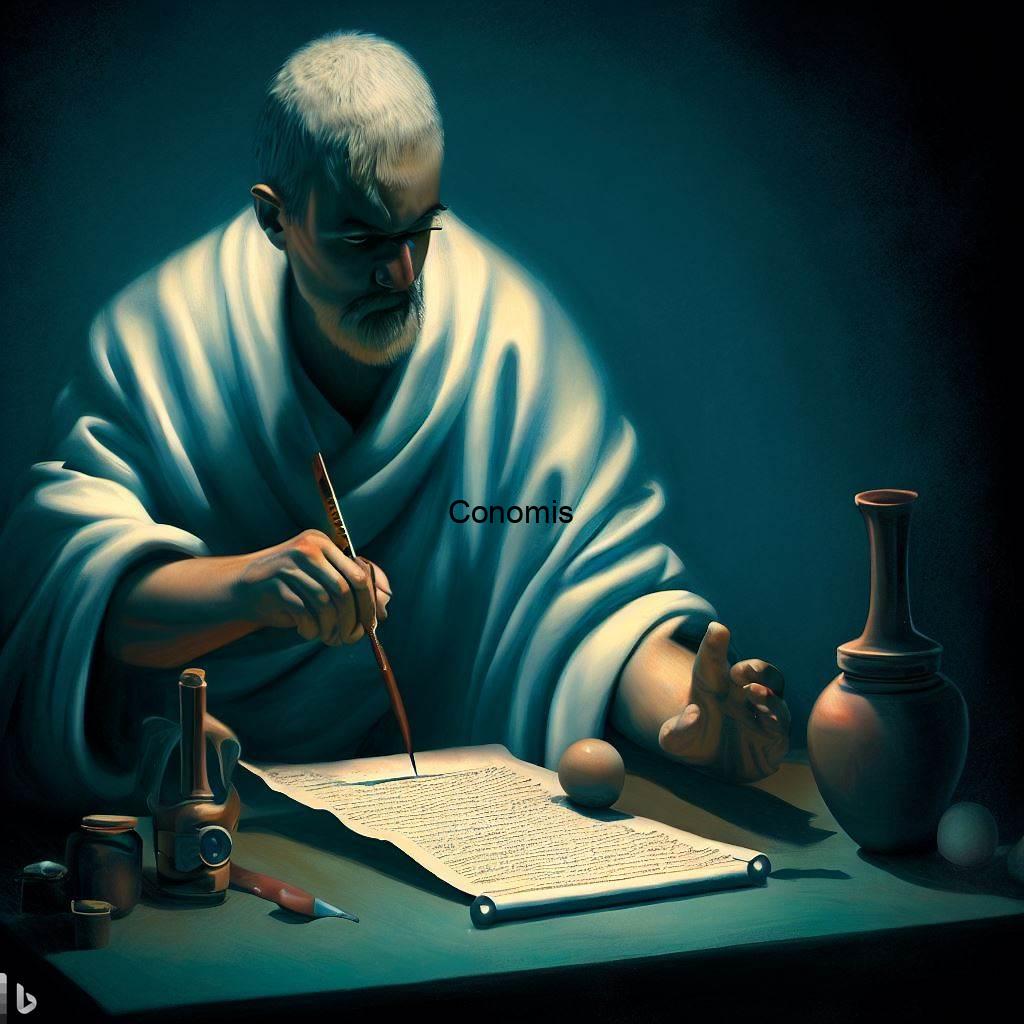
The priests, as both spiritual guides and healers, sought to appease the deities and ward off malevolent forces through their rituals and incantations. Healing was not just a physical process but a spiritual journey as well, where the well-being of the body and soul were intricately linked.
In the realm of ancient Egypt, the boundaries between medicine, religion, and magic blurred, creating a holistic approach to healing that transcended the material world. The legacy of this extraordinary medical system continues to captivate the world, reminding us of the timeless quest for understanding and conquering the mysteries of the human body and spirit.
The Contributions of Ancient Greece and Rome
During the classical era, the ancient Greek and Roman civilizations left an indelible mark on the world of medical knowledge. Among the notable figures of this period was Hippocrates, revered as the “Father of Medicine.” His pioneering work laid the foundation for rational medicine, revolutionising the approach to healthcare.
Hippocrates emphasised the importance of careful observation and meticulous documentation in medical practise. This marked a significant departure from the prevailing beliefs in ancient times, which often relied on mystical explanations for illnesses. Instead, Hippocrates sought to understand diseases through logical reasoning and empirical evidence.
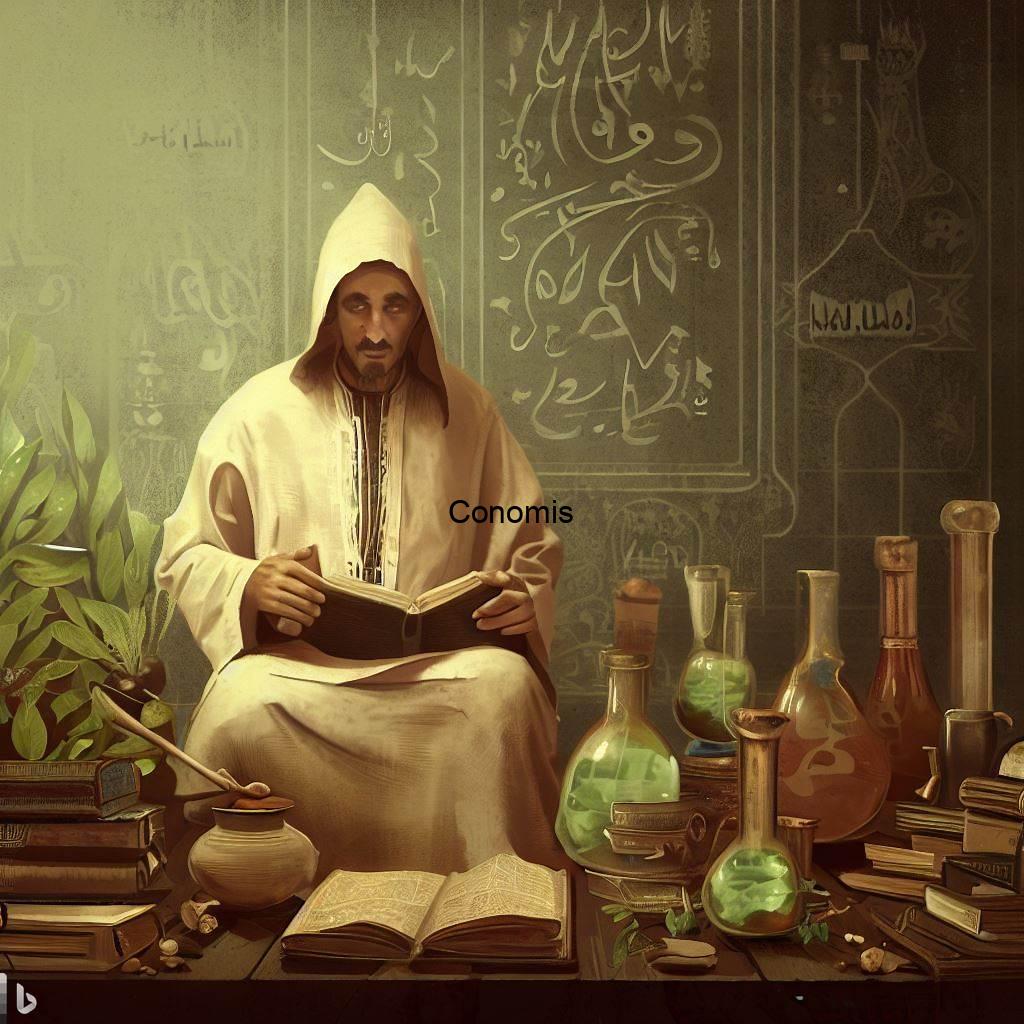
One of his enduring legacies is the “Hippocratic Oath,” an ethical code that continues to shape the principles and conduct of medical professionals even in the modern age. The oath emphasises the commitment to patient welfare, confidentiality, and ethical standards, reflecting the profound influence of Hippocrates’ moral philosophy on the practise of medicine.
His teachings and writings were carefully preserved and passed down through generations, ensuring that his wisdom transcended time and remained relevant in the development of medical science. The classical era’s contributions to medical knowledge, particularly through the work of Hippocrates, laid the groundwork for evidence-based medicine and the principles of ethical medical practise, forming an enduring legacy that continues to inspire and guide healthcare professionals worldwide.
The Middle Ages: A Blend of Tradition and Innovation
The Middle Ages marked a pivotal era in the history of medicine, characterized by a unique amalgamation of traditional herbal remedies and Islamic medical knowledge. During this period, notable scholars like Ibn Sina, widely known as Avicenna, made remarkable contributions to the field of medicine. Ibn Sina’s immense scholarly efforts resulted in the compilation of vast medical encyclopaedias, which became foundational texts for medical education in mediaeval Europe, enriching the continent’s medical knowledge.
Ibn Sina’s encyclopaedic works, such as “The Canon of Medicine,” not only synthesised ancient Greek, Persian, and Indian medical knowledge but also expanded upon it with his own insights. His comprehensive understanding of human anatomy and physiology significantly advanced medical understanding during a time when such knowledge was limited.
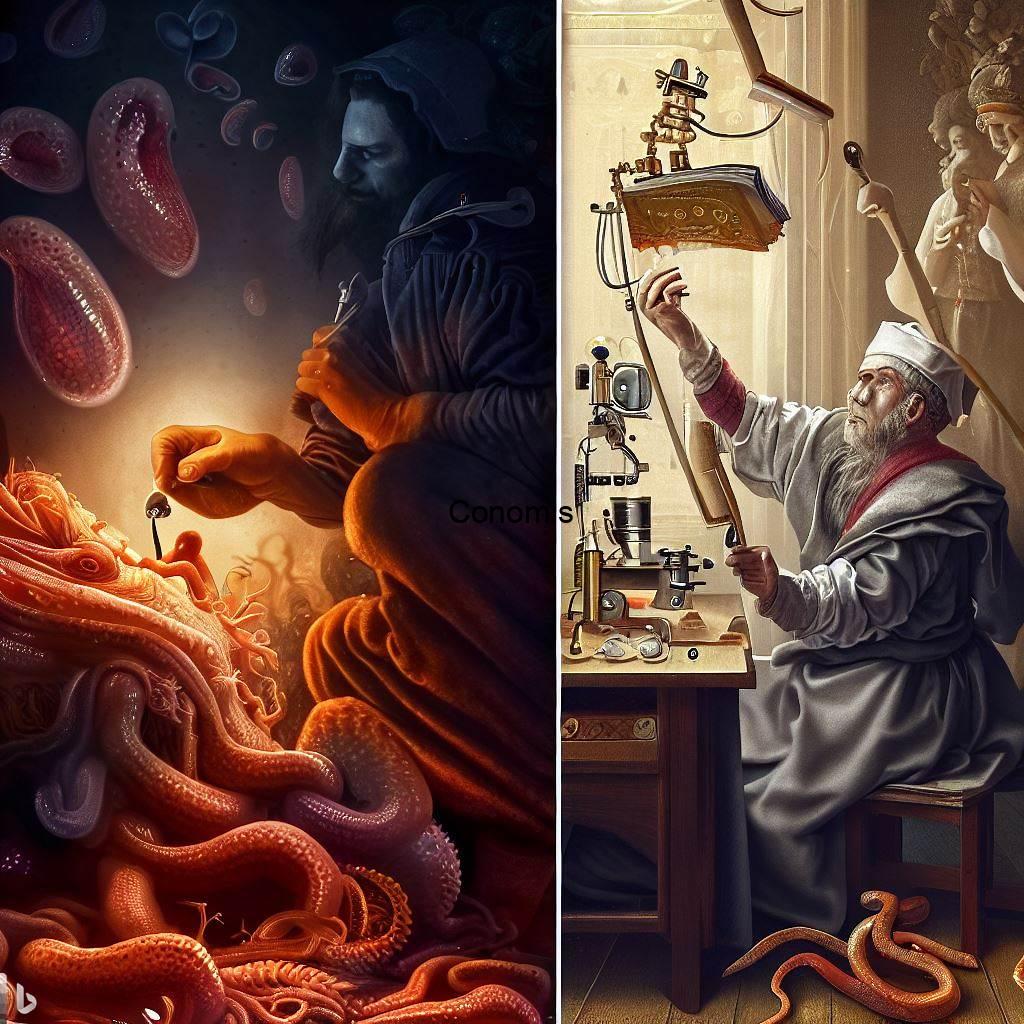
Despite the valuable contributions of scholars like Ibn Sina, the Middle Ages also witnessed the persistence of superstitions and limited scientific understanding, which hindered the overall progress of medicine. These superstitious beliefs often overshadowed evidence-based practises and rational medical thinking, preventing the full realisation of potential medical advancements.
Nevertheless, the Middle Ages set the stage for subsequent medical progress, laying the groundwork for the European Renaissance and the scientific revolution that followed. The blend of traditional herbal remedies and Islamic medical knowledge, along with the works of scholars like Ibn Sina, played a pivotal role in preserving and transmitting medical wisdom to future generations, ultimately shaping the trajectory of medicine and healthcare in the years to come.
The Renaissance and the Birth of Modern Medicine
The Renaissance, a remarkable period of cultural and intellectual rebirth, had a profound impact on the field of medicine. It marked a pivotal era in medical history, characterised by groundbreaking discoveries and the establishment of crucial foundations for modern medical science.
Andreas Vesalius, an influential anatomist, revolutionised the understanding of human anatomy through his groundbreaking work. His meticulous dissections and detailed anatomical illustrations challenged prevailing beliefs and set new standards for anatomical accuracy.
William Harvey’s remarkable discovery of blood circulation brought about a paradigm shift in our understanding of the human circulatory system. His observations and experiments unveiled the complex network of blood vessels and the heart’s role in pumping blood throughout the body.
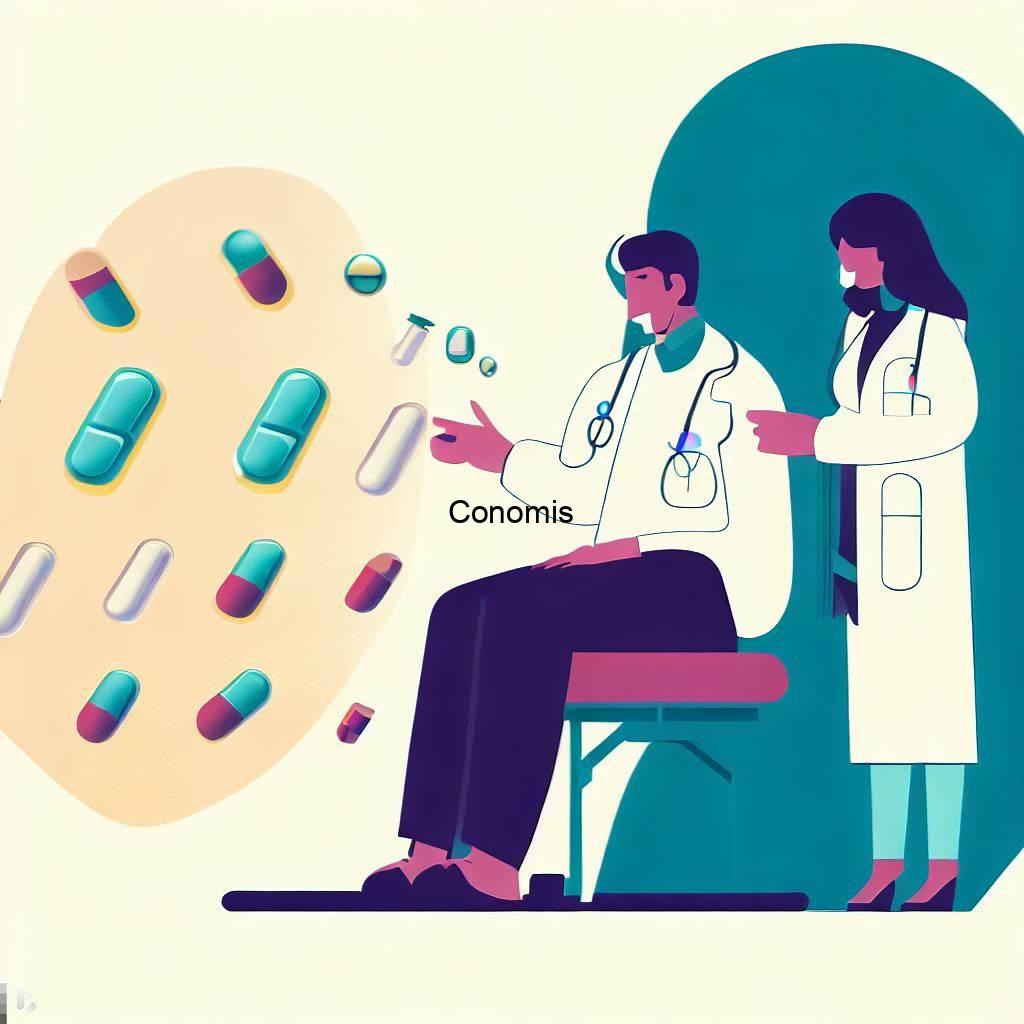
Robert Hooke’s invention of the microscope opened up an entirely new world of exploration, allowing scientists and physicians to observe previously invisible microorganisms and cellular structures. This technological advancement was a transformative moment in medical research.
Moreover, the Renaissance saw the emergence of medical schools and universities, which propelled the formal education of physicians. These institutions provided rigorous training and nurtured a new generation of medical practitioners, fostering an environment conducive to further scientific inquiry and innovation.
The collective impact of Vesalius, Harvey, and Hooke and the rise of medical education during the Renaissance laid the foundation for modern medical science. Their contributions not only expanded medical knowledge but also inspired future generations of researchers and physicians to embark on a continuous journey of discovery and improvement in the pursuit of better healthcare for all.
Homoeopathy: The Law of Similars
The 18th century witnessed the emergence of homeopathy, a distinctive medical system introduced by Samuel Hahnemann. This approach is founded on the principle of “like cures like,” which posits that a substance causing symptoms in a healthy individual can treat similar symptoms in a sick person. Homoeopathy challenged conventional medical practises of the time, presenting an alternative perspective on healing.
Central to homoeopathy is the preparation of remedies through a process of potentization, where substances are repeatedly diluted and succussed (shaken vigorously). This unique method aims to enhance therapeutic properties while minimising any potential toxic effects. As a result, homoeopathic remedies often consist of highly diluted substances, making them safe and non-toxic.
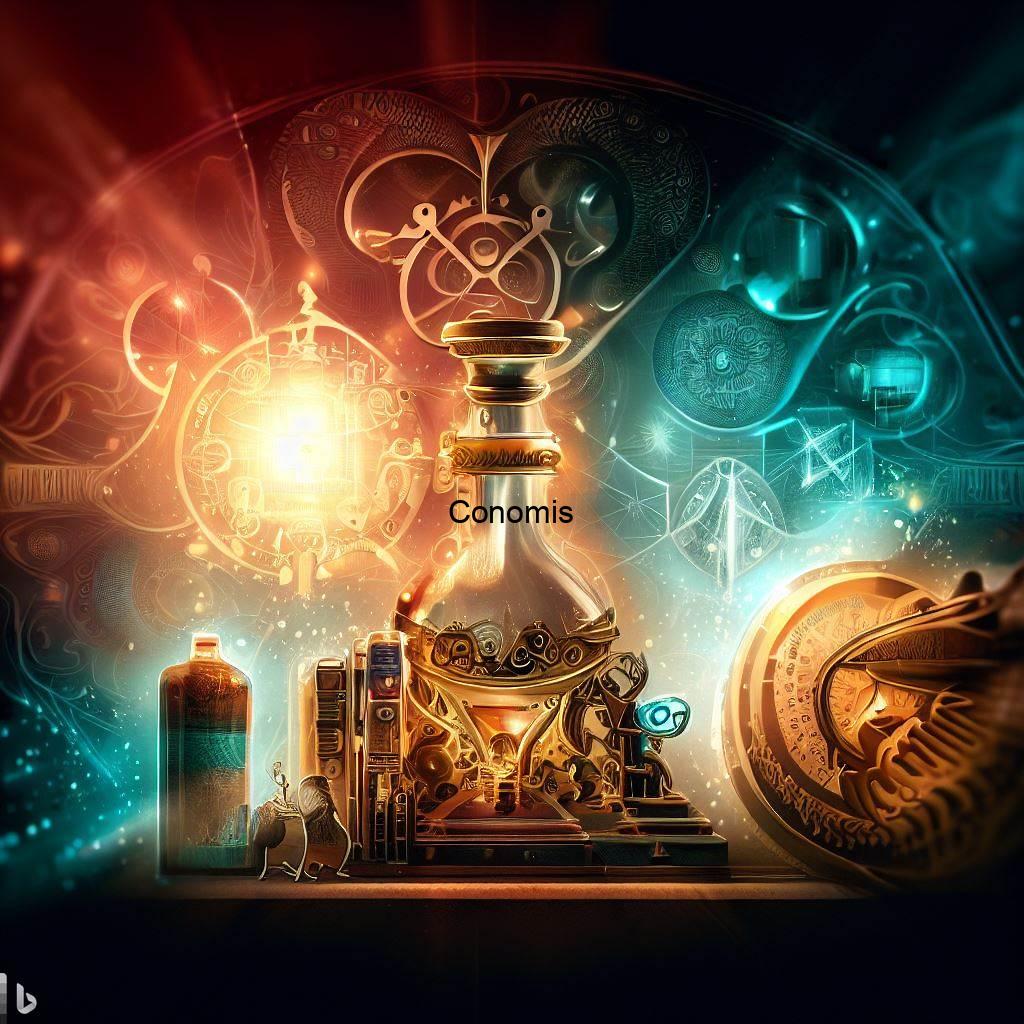
Despite facing controversies and scepticism from some quarters of the medical community, homoeopathy has garnered significant popularity in various parts of the world. Many individuals seek homoeopathic treatments due to their gentle approach and absence of adverse side effects, making them particularly appealing to those who prefer natural and holistic healing methods.
Homoeopathy’s effectiveness continues to be a subject of debate, with proponents highlighting positive outcomes and critics questioning its scientific basis. Nevertheless, its enduring popularity and use reflect the enduring appeal of alternative medical systems that cater to the unique preferences and health needs of diverse populations. As homoeopathy remains a part of the healthcare landscape, its legacy serves as a reminder of the ongoing pursuit of effective and compassionate medical care across different philosophies and traditions.
Allopathy: Conventional Medicine Takes Centre Stage
In the 19th century, allopathy, also known as conventional medicine, rose to prominence and became the dominant medical approach. Allopathy is characterised by its focus on treating symptoms with substances that produce effects opposite to those of the disease. This principle is based on the belief that counteracting the symptoms would lead to healing and the restoration of health.
Scientific advancements during this period played a pivotal role in the development of allopathic medicine. One of the most significant breakthroughs was the discovery of antibiotics, which revolutionised the treatment of infectious diseases. Antibiotics proved to be a powerful tool in combating bacterial infections, saving countless lives and changing the course of medical history.
The effectiveness of allopathy in treating acute conditions and managing symptoms contributed to its widespread adoption and integration into mainstream medical practise. The approach of using pharmaceutical drugs to target specific symptoms became the foundation of modern medicine, offering quick relief and tangible outcomes.
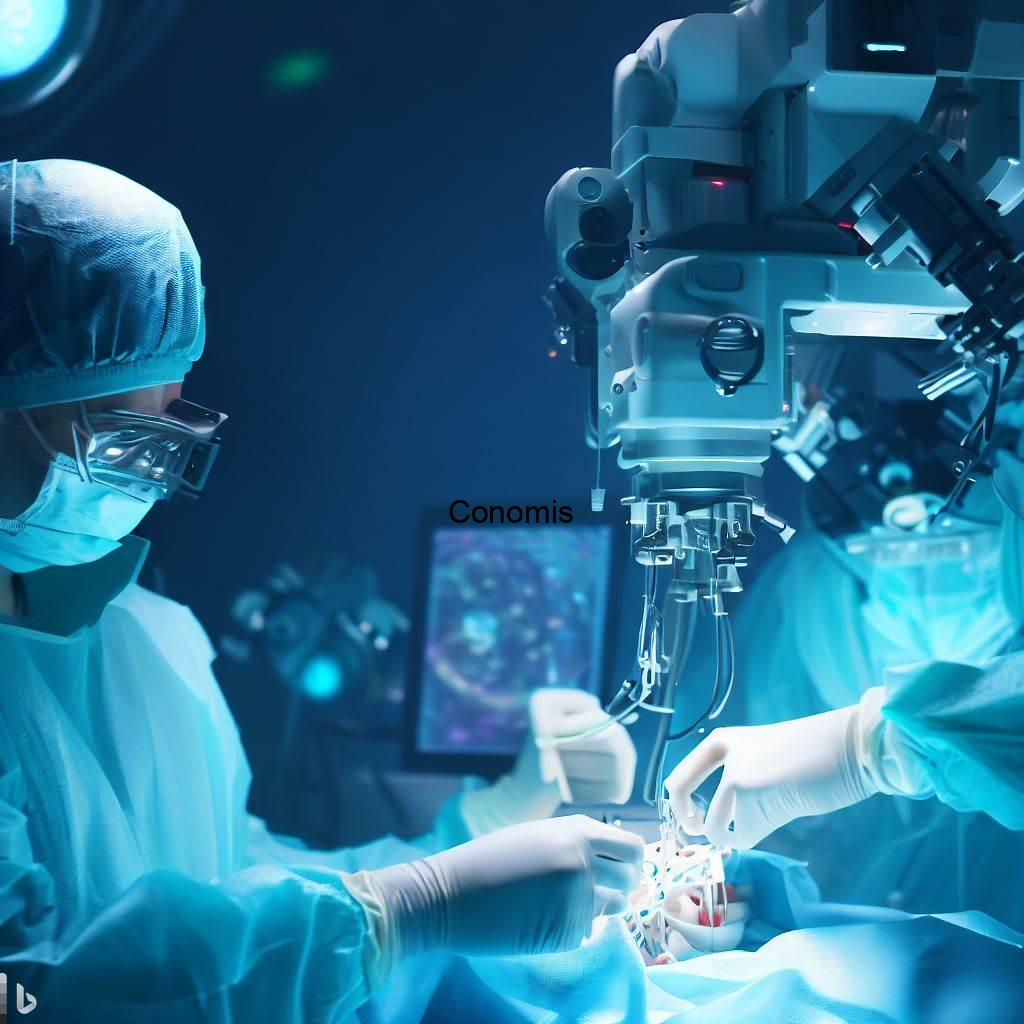
While allopathy has achieved tremendous success in treating many health conditions, it has also faced criticism for its focus on symptom management rather than addressing underlying causes. Over time, the medical community has recognised the importance of integrating various medical systems to provide comprehensive and patient-centred care.
In the 21st century, the medical landscape continues to evolve, with an increasing emphasis on integrative medicine that combines the strengths of different approaches. As scientific knowledge expands, medical practitioners strive to strike a balance between the benefits of conventional medicine and the growing appreciation for holistic and preventive healthcare, aiming to offer the best possible care to patients worldwide.
Surgery: Precision and Innovation
Surgery, once regarded as a last resort in the medical world, underwent a transformative journey to become a specialised and indispensable field of medicine. The turning point came with the advent of two revolutionary advancements: anaesthesia and aseptic techniques. These groundbreaking innovations revolutionised surgical practises, allowing for complex procedures to be performed with improved safety and reduced pain.
Anaesthesia, first introduced in the 19th century, made surgery feasible by inducing temporary unconsciousness, ensuring patients remained pain-free and unaware during the operation. This marked a significant departure from the excruciating and perilous procedures of the past, making surgery a viable option for a broader range of medical conditions.
The introduction of aseptic techniques further elevated the standards of surgical care. Sterile operating environments and rigorous sanitation protocols drastically reduced the risk of infections, enhancing postoperative recovery and survival rates. Surgeons could now focus on the intricacies of the procedure without fear of potentially deadly complications.
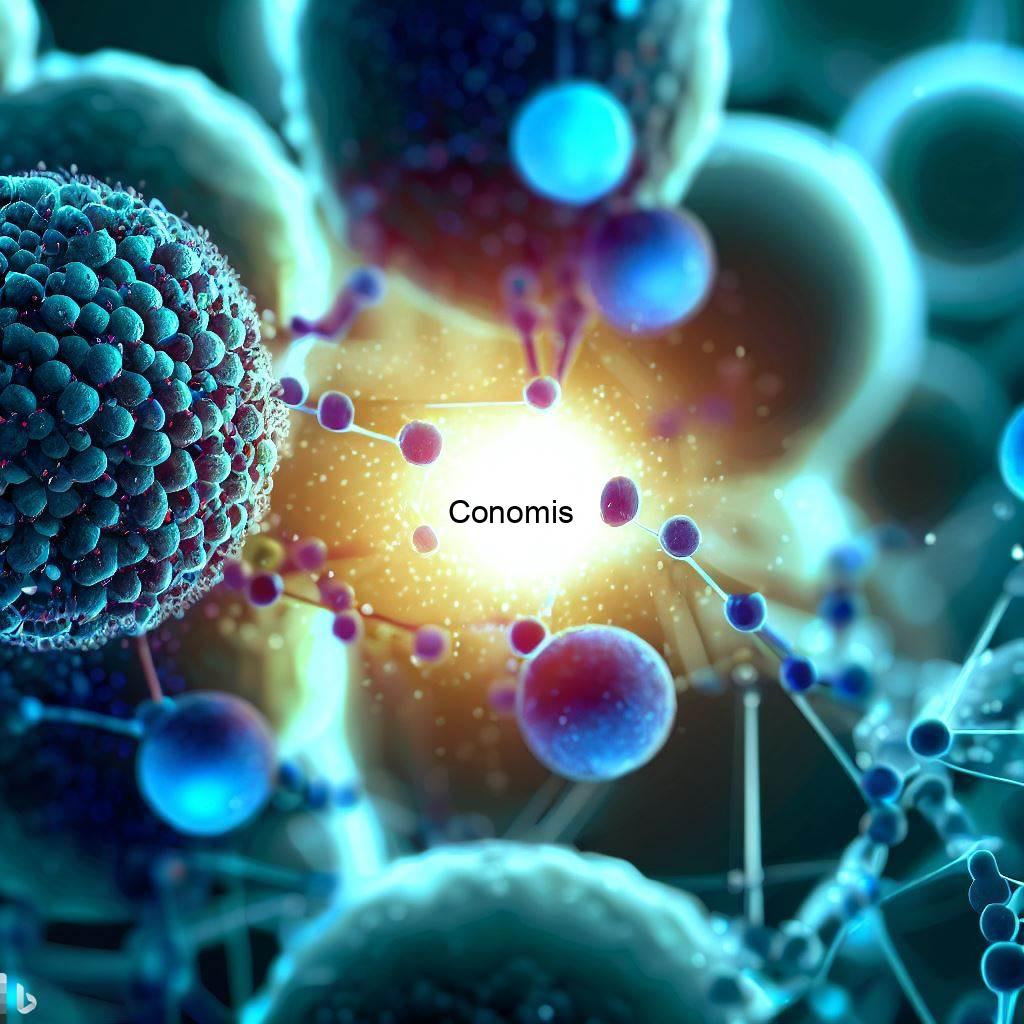
In recent times, technology has continued to propel surgical advancements. Robotic-assisted surgery has emerged as a cutting-edge technique, providing surgeons with enhanced precision and dexterity, resulting in better surgical outcomes. Additionally, minimally invasive procedures, such as laparoscopy, have gained popularity due to smaller incisions, reduced scarring, and quicker recovery times for patients.
As surgery evolved from a last resort to a specialised and highly sophisticated discipline, it has brought about transformative changes in medical care. These advancements continue to improve patient outcomes, ensuring that surgical interventions are safer, more effective, and less invasive. The ever-evolving field of surgery exemplifies the relentless pursuit of medical excellence and underscores the immense impact that innovation can have on shaping the future of healthcare.
Nanotechnology: Revolutionising Medical Interventions
The 21st century has brought about a revolutionary integration of nanotechnology into the realm of medicine, opening up new frontiers in healthcare. Nanotechnology involves the manipulation of materials at the nanoscale, allowing scientists and medical professionals to work at the cellular and molecular level. This cutting-edge approach has paved the way for the development of nanoinstruments and targeted drug delivery systems, revolutionising medical treatment.
Nanoinstruments are exceptionally tiny devices designed to perform intricate procedures at the cellular level. They offer unprecedented precision and accuracy, enabling healthcare professionals to diagnose and treat diseases with remarkable efficacy. These miniature tools hold tremendous potential in areas such as surgery, diagnostics, and monitoring of patients’ health, promising minimally invasive interventions and improved patient outcomes.
Moreover, targeted drug delivery systems utilise nanoscale carriers to transport medications directly to specific cells or tissues. This targeted approach reduces side effects and enhances the therapeutic effect of medications, increasing their efficiency and minimising harm to healthy tissues.
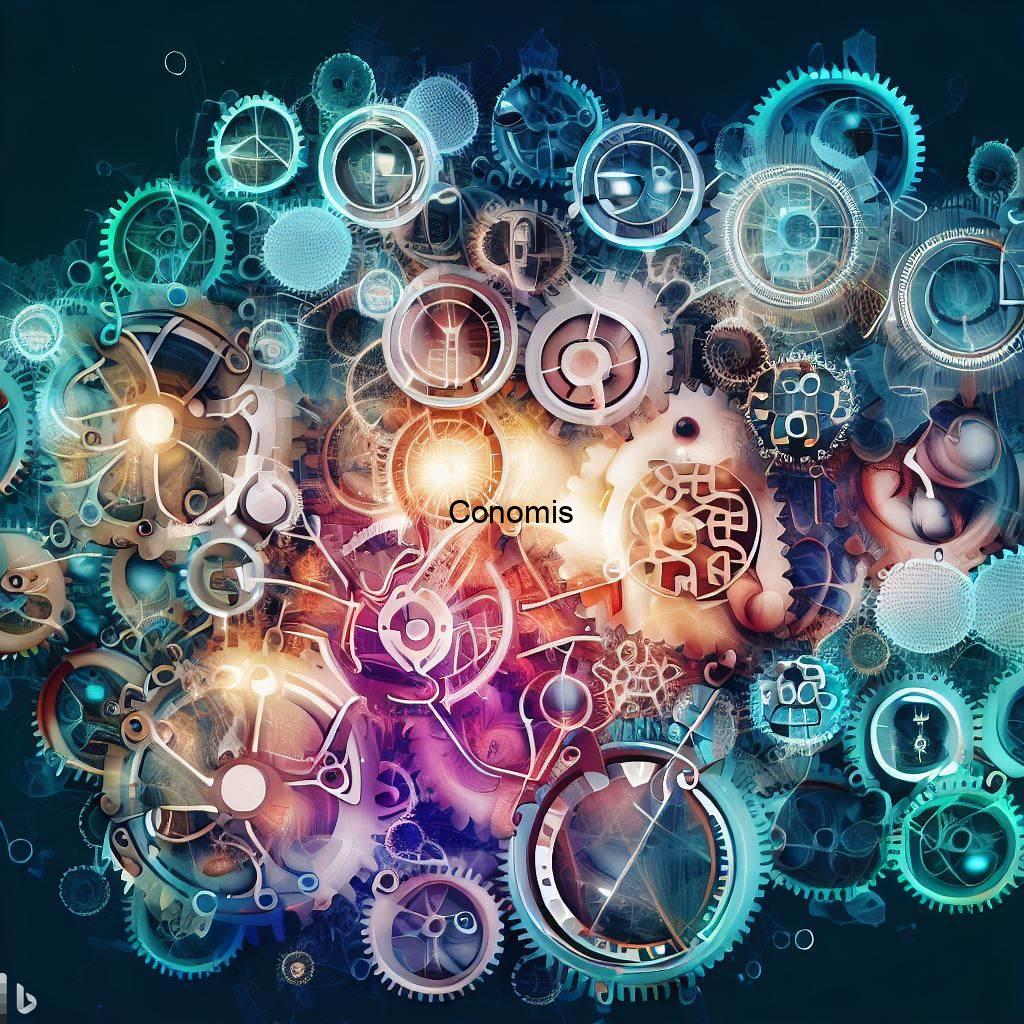
In the fight against cancer, nanoparticles have emerged as a game-changer. These minuscule particles can be engineered to specifically seek out cancer cells, delivering therapeutic agents precisely to the affected area. This innovative strategy has the potential to improve cancer treatment significantly, making it more effective and less toxic for patients.
The integration of nanotechnology into medicine represents a paradigm shift in healthcare, offering hope for personalised and precise treatments. As research and development in this field continue to progress, nanotechnology is poised to revolutionise medical interventions, propel advancements in diagnostics and therapies, and ultimately shape the future of healthcare in ways that were once considered unimaginable.
Modern Medicine: A Multidisciplinary Approach
In the modern era, medicine has evolved into a dynamic and multidisciplinary field that transcends traditional boundaries. Embracing a multidisciplinary approach, modern medicine integrates diverse scientific disciplines such as genetics, immunology, pharmacology, and many others. This synergistic collaboration allows healthcare professionals to tackle complex medical challenges more effectively and develop innovative solutions for patients’ well-being.
One of the most significant advancements in modern medicine is the concept of personalised medicine. This groundbreaking approach recognises that each individual’s genetic makeup and unique characteristics influence their response to treatments and medications. By analysing a patient’s genetic profile and other relevant factors, personalised medicine tailors medical interventions to suit their specific needs.
The integration of genetics into healthcare has led to a deeper understanding of various diseases and their underlying causes. Genetic testing and genomic research empower physicians to identify genetic predispositions and susceptibilities to certain conditions, facilitating early detection and proactive interventions.
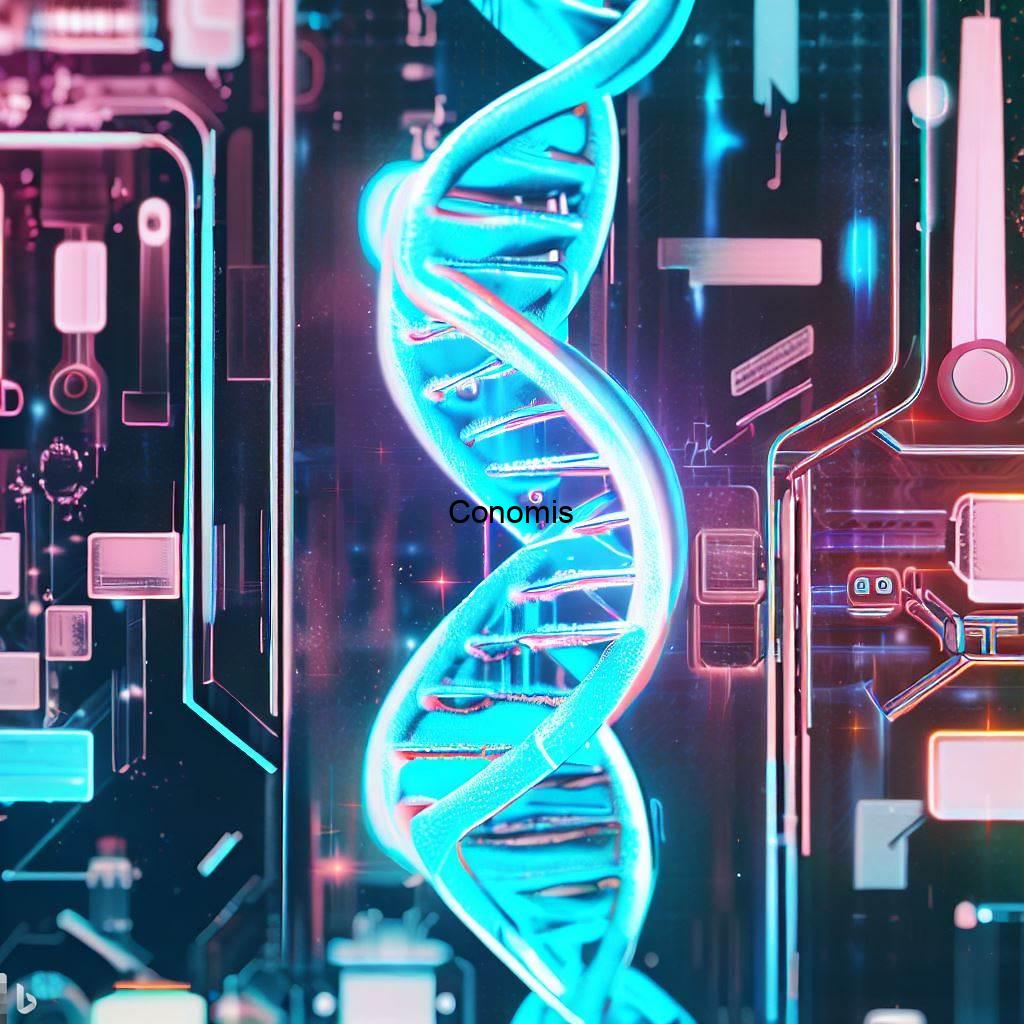
Immunology plays a vital role in modern medicine, particularly in the development of vaccines and immunotherapies. Understanding the intricacies of the immune system enables the creation of targeted therapies that enhance the body’s natural defences against diseases.
Furthermore, pharmacology, the study of drugs and their effects, has expanded exponentially in the modern era. With a vast array of medications available, healthcare professionals can tailor treatment plans to suit individual patients’ needs, optimising therapeutic outcomes while minimising adverse effects.
In this era of modern medicine, the multidisciplinary approach and personalised care empower healthcare providers to offer more precise and effective treatments. As scientific knowledge continues to advance, this approach will continue to revolutionise healthcare, leading to improved patient outcomes, enhanced disease prevention, and a brighter future for medical innovation.
The Future of Medical Science: Advancements Beyond Imagination
The continuous progress of medical science promises a future filled with limitless possibilities and transformative breakthroughs. Among the most groundbreaking advancements on the horizon are artificial intelligence (AI) and machine learning, which are set to revolutionise diagnostics and treatment decision-making. The integration of AI into healthcare systems will enable rapid and accurate analysis of vast amounts of medical data, leading to more precise diagnoses and personalised treatment plans for patients.
Furthermore, machine learning algorithms will continuously learn and improve from real-world data, empowering healthcare professionals with unprecedented insights and enhancing the overall quality of care. These technologies have the potential to reshape the medical landscape, making healthcare more efficient, accessible, and patient-centric.
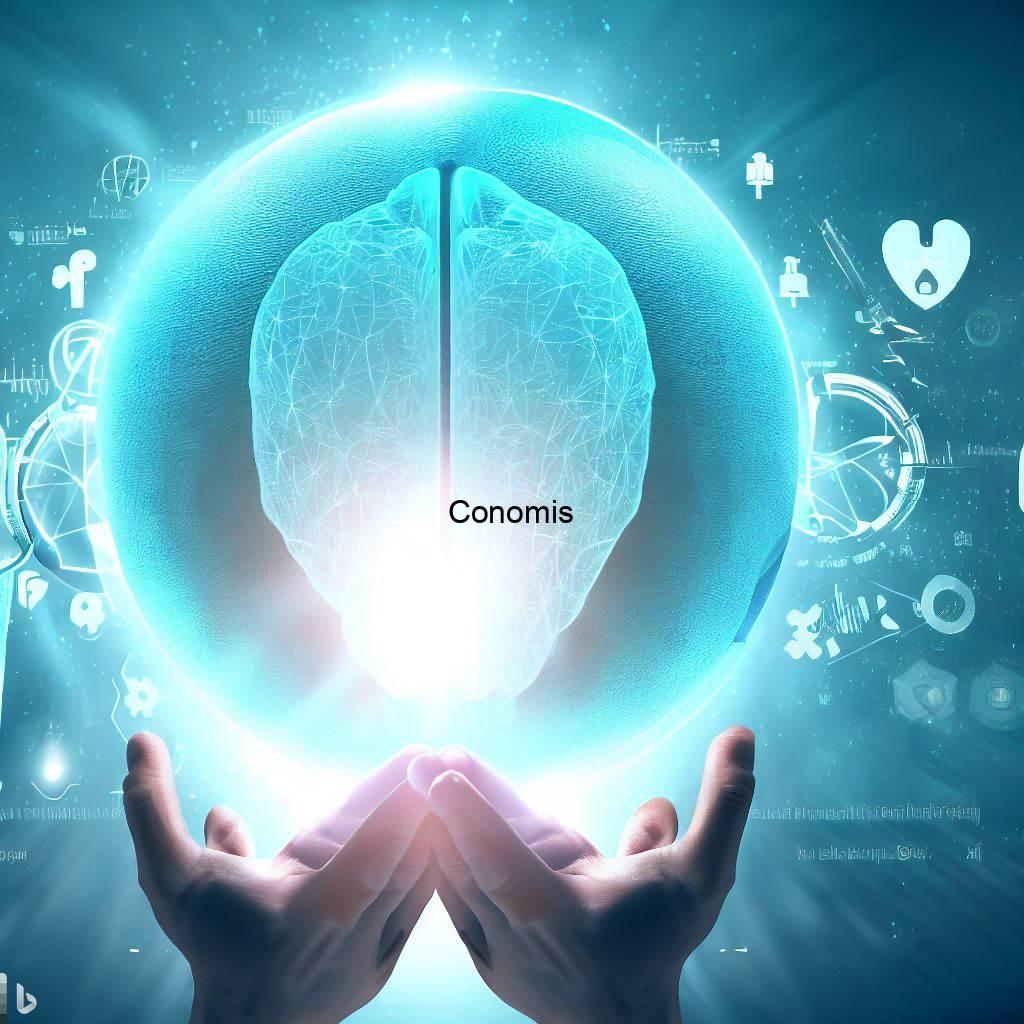
Another revolutionary aspect of the future of medical science lies in gene-editing technologies like CRISPR-Cas9. These cutting-edge tools enable scientists to edit and modify DNA with remarkable precision, offering the potential to cure genetic diseases. CRISPR-Cas9 has opened up avenues for targeted gene therapies, correcting faulty genes responsible for inherited conditions and offering hope for millions of individuals and families affected by genetic disorders.
While the future of medical science holds immense promise, it also raises ethical and societal considerations. As we explore the frontiers of healthcare, it is crucial to strike a balance between innovation and the responsible use of these technologies. Collaboration among researchers, policymakers, and the public will be essential in ensuring that medical advancements are applied ethically, equitably, and in the best interest of humanity.
As we step into this era of transformative medical possibilities, we must approach the future with optimism and cautious optimism, embracing the potential for healing and progress while ensuring that medical science continues to serve the greater good, advancing towards a healthier and more prosperous world for all.
Conclusion
The remarkable journey of medical treatment spanning from ancient Egypt to the future is a testament to the ceaseless pursuit of healing and well-being throughout human history. Each era has left a profound impact on our collective understanding of health and the art of medicine. From the ancient Egyptians’ reliance on herbal remedies and spiritual healing to the scientific advancements of the classical era, the Middle Ages, the Renaissance, and beyond, each chapter has added layers of knowledge and wisdom to the ever-evolving field of healthcare.
As we stand at the threshold of the future, the pace of medical progress is poised to accelerate even further with groundbreaking technologies, innovative therapies, and cutting-edge research. However, in this journey of medical advancement, it is crucial to remain anchored by the values of compassion and ethics. Amidst the pursuit of innovation, it is essential to remember the human aspect of medicine—the need for empathy, understanding, and a patient-centred approach.

Equitable access to healthcare for all remains a pressing concern. As we forge ahead, it is imperative to address healthcare disparities, ensuring that advancements in medical science benefit every individual, irrespective of their background or socio-economic status.
The future of medicine holds immense promise, but it is essential to navigate it with care and responsibility. Striking a balance between innovation and ethical considerations will guide us towards a future where medical breakthroughs uplift humanity, create a healthier society, and inspire a shared sense of compassion and solidarity for the well-being of all. Let us carry the lessons of the past, the advancements of the present, and the hope for a brighter future as we continue the extraordinary journey of medical science.
FAQs
Q: Is herbal medicine still relevant in modern times?
A: Yes, herbal medicine continues to be utilised for its natural healing properties and minimal side effects.
Q: What is the difference between homoeopathy and allopathy?
A: Homoeopathy follows the “law of similars,” while allopathy focuses on treating symptoms with opposing substances.
Q: How has nanotechnology impacted medical treatments?
Nanotechnology allows for targeted and precise interventions at the cellular level, enhancing treatment efficacy.
Q: What is personalised medicine, and how does it benefit patients?
A: Personalised medicine tailors treatments to individual patients based on their unique genetic characteristics, leading to more effective outcomes.
Q: What role will artificial intelligence play in the future of medicine?
A: Artificial intelligence will revolutionise diagnostics, treatment decision-making, and healthcare management, improving patient care.
You Can Also Read
Conomis Thoughts – Unleashing the Unimaginable: Transforming the World Beyond Limits
https://www.scimagoir.com/rankings.php?sector=Health&ranking=Research
https://www.sciencedirect.com/journal/social-science-and-medicine
https://academic.oup.com/book/27861/chapter-abstract/198519677?redirectedFrom=fulltext
https://www.science.org/journal/stm
Conomis Thoughts
![]() Copyright 2023 CONOMIS
Copyright 2023 CONOMIS

accutane medicine https://isotretinoinacne.shop/# buy accutane generic